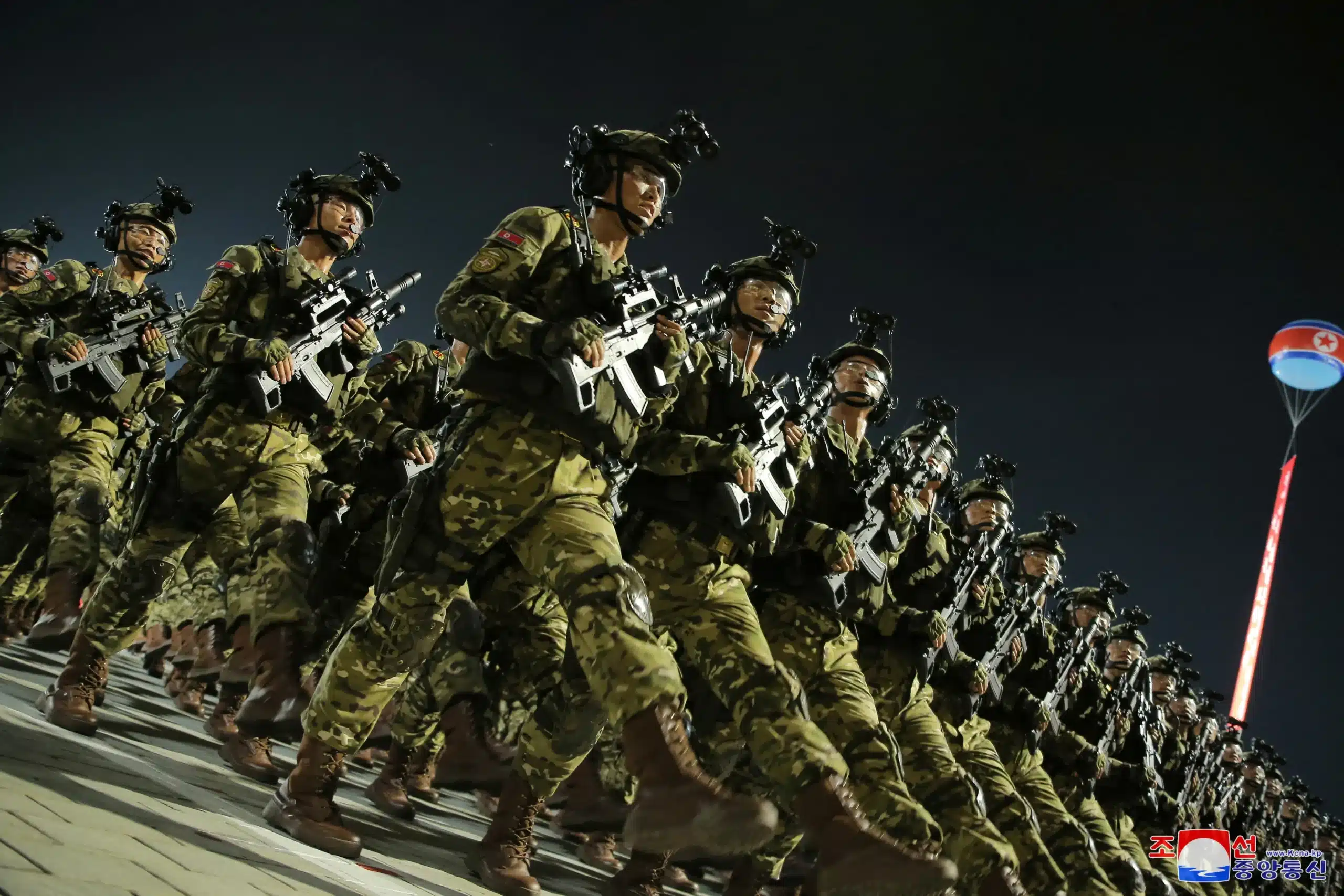Global Concerns Rise Over North Korea’s Military Actions

The Democratic People’s Republic of Korea (DPRK) has recently intensified its military capabilities, raising alarms among global leaders. A senior United Nations official addressed the Security Council, highlighting the implications of North Korea’s actions on international peace and security. The recent launch of a new intermediate-range hypersonic ballistic missile on January 6 has drawn widespread condemnation. Many nations view this as a blatant violation of existing Council resolutions. As tensions escalate, the call for diplomatic engagement remains crucial for achieving lasting peace on the Korean Peninsula.
North Korea’s Military Advancements and Global Reactions
North Korea’s pursuit of advanced military technology poses a significant threat to global non-proliferation efforts. Khaled Khiari, the UN Assistant Secretary-General, reported that the recent missile launch demonstrates Pyongyang’s commitment to developing capabilities that can bypass traditional defense systems. The hypersonic glide vehicles, which travel at speeds exceeding five times the speed of sound, complicate defense measures for neighboring countries. Khiari emphasized that North Korea’s military ambitions undermine global nuclear disarmament efforts and contribute to the country’s isolation.
The DPRK’s five-year military development plan, which is set to conclude in 2025, includes the creation of tactical nuclear weapons and various ballistic missile systems. This aggressive strategy raises concerns among UN member states, many of whom condemned the missile test as a violation of Security Council resolutions. The representatives of Greece and France noted that the recent veto by Russia on the renewal of the Panel of Experts has weakened the Council’s ability to monitor sanctions violations effectively. As a result, the international community is increasingly worried about the implications of North Korea’s military advancements on regional and global security.
The Call for Diplomatic Engagement
Despite the escalating tensions, many UN representatives stressed the importance of diplomatic engagement as the only viable path to sustainable peace. They urged North Korea to return to dialogue without preconditions. The representative from Somalia highlighted the need for a balanced approach that considers both security imperatives and humanitarian concerns. This sentiment was echoed by Sierra Leone’s representative, who called for increased diplomatic efforts to denuclearize the Korean Peninsula.
The urgency for dialogue is underscored by the potential consequences of North Korea’s actions. The representative from Panama warned that the recent missile launch jeopardizes air and maritime transport in the region. He urged the Security Council to prioritize the well-being of vulnerable populations affected by these developments. The representative from Guyana added that diverting resources from the ballistic missile program could significantly benefit human development in North Korea. As the situation continues to evolve, the international community must remain committed to finding diplomatic solutions to prevent further escalation.
International Responses and Concerns
The international community’s response to North Korea’s missile tests has been mixed. While many nations condemned the actions, others, such as Russia and China, emphasized the need for a peaceful resolution to the crisis. The Russian representative criticized Western nations for their military presence in the region, arguing that it exacerbates tensions. Meanwhile, China’s representative called for a balanced security architecture that addresses the legitimate concerns of all regional countries.
The United States has been vocal in its condemnation of North Korea’s actions, urging the Council to take a firm stance against the provocations. The U.S. representative highlighted the need for a clear denunciation of North Korea’s behavior and called for concerted efforts to prevent the procurement of materials supporting its illegal weapons programs. This divide among Council members complicates the situation, as differing perspectives hinder a unified approach to addressing North Korea’s military advancements.
The Path Forward: Challenges and Opportunities
As the situation on the Korean Peninsula remains precarious, the path forward is fraught with challenges. Algeria’s representative, serving as Council President for January, emphasized the need for courage and commitment to dialogue. He acknowledged that progress may be slow, but it is essential for achieving lasting peace. The international community must remain vigilant and proactive in addressing the threats posed by North Korea’s military actions.
The ongoing tensions highlight the importance of a cohesive strategy that balances security concerns with humanitarian considerations. As nations grapple with the implications of North Korea’s missile tests, the call for diplomatic engagement becomes increasingly urgent. The future of the Korean Peninsula hinges on the ability of global leaders to navigate these complex dynamics and work towards a peaceful resolution. Only through sustained dialogue and cooperation can the international community hope to mitigate the risks associated with North Korea’s military ambitions.
Observer Voice is the one stop site for National, International news, Sports, Editor’s Choice, Art/culture contents, Quotes and much more. We also cover historical contents. Historical contents includes World History, Indian History, and what happened today. The website also covers Entertainment across the India and World.

